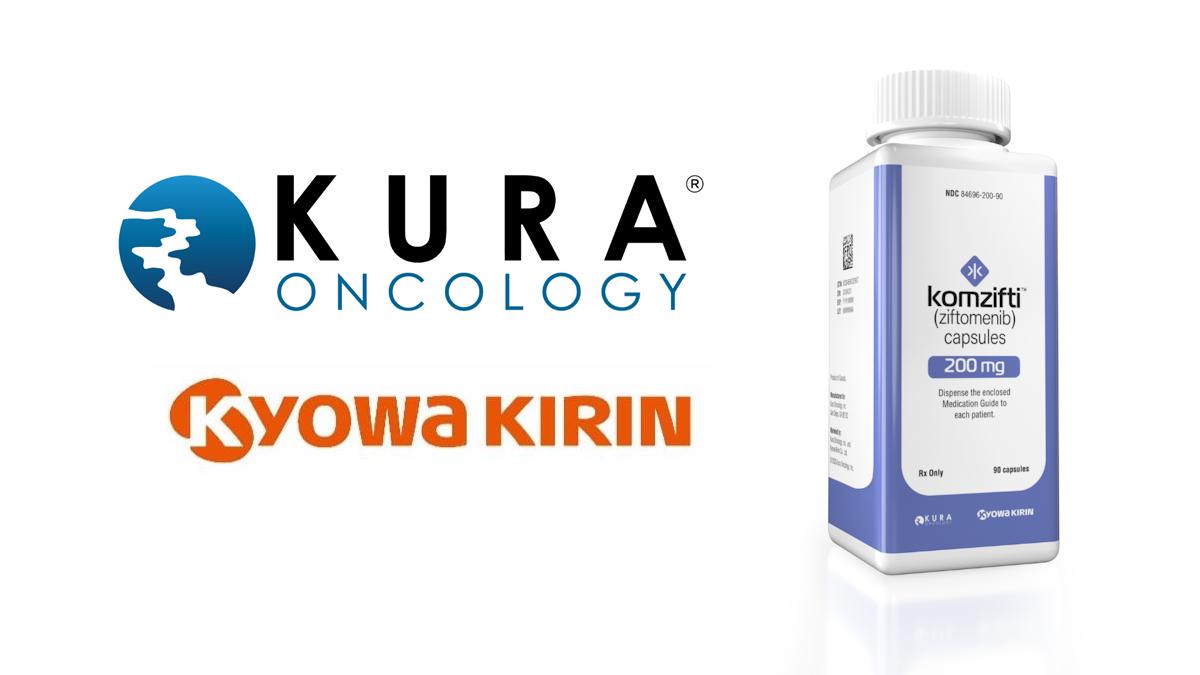Daiichi Sankyo's Vanflyta gets NICE nod for leukaemia

Daiichi Sankyo's FLT3 inhibitor Vanflyta has been recommended for NHS use as a treatment for a specific form of acute myeloid leukaemia (AML) in England and Wales, the first countries in Europe to authorise use of the drug after a health technology assessment (HTA) review.
NICE has recommended Vanflyta (quizartinib) for routine NHS commissioning as an induction, consolidation, and maintenance therapy for treating newly diagnosed FLT3-ITD-positive AML, an indication that was approved by the UK medicines regulator in March.
Each year in the UK around 3,100 people are diagnosed with AML, and it is estimated that approximately 25% to 30% of new AML cases have FLT3-ITD mutations.
Vanflyta is the first selective FLT3 inhibitor to be approved for newly diagnosed patients with this type of cancer in the UK and has become an alternative to Novartis' Rydapt (midostaurin), which has been recommended for use in FLT3-positive AML since 2018.
Both drugs are intended for use alongside chemotherapy for the induction and consolidation phases of treatment and then given as a monotherapy during the maintenance phase, and Vanflyta is now a targeted option for patients with FLT3-ILD, which accounts for around 80% of all FLT3 mutations.
In its new guidance, NICE notes that, at the moment, data suggests "there is no difference in how long people having quizartinib live, or how likely it is that their AML will come back, compared with midostaurin," although it acknowledges that conclusion is uncertain due to differences in the clinical trials of the two drugs.
It adds that there is a pressing need for new options, as treatment for AML is "very gruelling" and even a small increase in survival would be important to patients.
Vanflyta was approved by the Medicines and Healthcare products Regulatory Agency (MHRA) on the back of the QuANTUM-First trial, which showed a 22% reduction in the risk of death compared to standard chemotherapy alone, with a median overall survival (OS) of 31.9 months and 15.1 months, respectively.
The drug has been recommended by NICE with a confidential discount on its list price, and Daiichi Sankyo UK's head of oncology, Haran Maheson, said the company is "proud to have worked with NICE and NHS England to secure the first reimbursement for quizartinib following HTA in Europe."
The recommendation has also been welcomed by Colin Dyer, chief executive of patient organisation Leukaemia Care, who said he is "pleased that both parties were able to reach an agreement without further delay in access for patients."
He added that patients with FLT3-ITD mutations have an increased risk of relapse with standard treatments, so "another targeted treatment option for such patients is important for clinicians to tailor treatment plans to their patients effectively."












